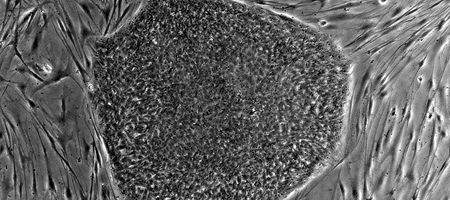Leading medical scientists say they are appalled by a ruling from a French judge that they say threatens the development of embryonic stem cell-based therapies.

European Court of Justice advocate general Yves Bot said that all patents on such technologies should be banned on moral grounds.
“To make an industrial application of an invention using embryonic stem cells would amount to using human embryos as a simple base material, which would be contrary to ethics and public policy,” said the court statement.
“The advocate-general considers that an invention cannot be patentable where the application of the technical process for which the patent is filed necessitates the prior destruction of human embryos for their use as base material, even if the description of that process does not contain any reference to the use of human embryos.”
But in an open letter in the journal Nature, leading stem cell scientists say the ruling is anything but moral, as it could put an end to research into condititons such as Parkinsons, blindness and spinal cord injuries.
And they point out that their research uses cell lines, not embryos. They are derived using surplus eggs, fertilized in vitro, which have been donated after fertility treatment and can be maintained indefinitely.
The 12 signatories, whihc include Sir Ian Wilmut, who cloned Dolly the sheep, say that the ruling could effectively bring all research on embryonic stem cells to an end. If it’s not possible to patent their inventions, companies are far less likely to carry out expensive research.
The ruling will now be examined by the 13 Grand Chamber judges of the European Court of Justice, who are expected to make a final ruling within the next six months. If the ruling’s upheld, it will apply to past as well as future patents.






